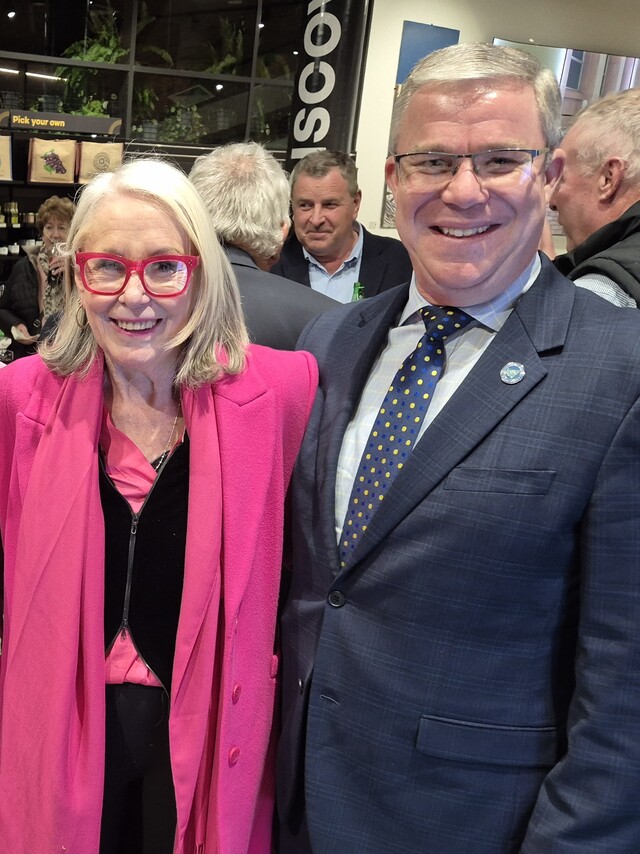An interview with Harry Galea, Director Infrastructure Services, Launceston City Council, Tasmania
The skills shortage, climate change and fostering a networking culture are the big issues ahead of the engineering and technical services sector, according
to Launceston City Council’s Director Infrastructure Services and Institute of
Public Works Engineering Australia (IPWEA) National Board Member, Harry Galea.
Highlighting the skills shortage as the major concern, he conceded that the current economic crisis will fill positions in the short term, but said it is not the desired solution.
“While many businesses in the private sector are cutting back staff, Local Government still has an active capital works and maintenance program and opportunities have opened up for private sector workers to transfer to the public sector,” Harry Galea said. “Although this is an advantage now, we wouldn’t design a solution like that.
“The private industry is sure to pick back up again, and when it does, we will see staff moving around and the problem will still exist.”
Harry Galea said the engineering sector must encourage more young people to see a career in engineering – both in the private and public sector – so that there is a larger pool to pull from.
“The future will see us become more reliant on paratechnical people, using them to fill more responsible positions than they are trained for,” he said.
“Both public and private sector organisations must continue to engage people earlier on – through prospective traineeships, scholarships and so forth – and assist them to develop their qualifications as they are working.”
While climate change will also continue to be a big ticket item, Harry Galea said engineers began recognising and taking environmental issues into account long before it became catchy or trendy.
“Engineers have always focused on a balance between economical, social and environmental issues,” he said. “However, these days, communities are more educated and informed on environmental issues and have become more aggressive in making sure these issues are addressed. This means councils are having to ensure complete transparency and are facing more public scrutiny.”
Harry Galea said as councils set out to reduce their carbon footprint to fulfil community expectations, they are also achieving flowon benefits for the organisation.
“A solution is never one dimensional,” he said. “The reasoning for it, and its effects, usually address economic and/or social issues as well.
“For example, we are now seeing far more rehabilitation of roads, rather than total reconstruction. This reduces our dependency on raw materials, and thus places less pressure on manufacturing and the environment, but it also means we are spending less on materials – an economic benefit.”
Harry Galea said running a proper maintenance schedule is also a multifaceted approach.
“Regular maintenance not only reduces risk to the community, but extends the life of our assets, such as footpaths, drains and so forth,” he said.
“Keeping our assets in good shape means the need for rehabilitation won’t come around as quick, and their lifespan can be extended. This again reduces the need for raw materials, saving councils money in materials and possible litigation resulting from faulty assets.”
Harry Galea said networking will be an important tool of the future and will be key to overcoming the infrastructure backlog.
“We are all faced with problems that at least a dozen people have dealt with before,” he said. “We need to promote networking – looking at how others deal with a situation and then modify that solution to suit our own environment.
“While it is easy to do face to face locally, tools like the IPWEA’s ‘Ask Your Mates’ website are a step up in achieving a national network.”
Harry Galea said senior engineers need to demonstrate networking and mentor junior engineers that they don’t have to deal with issues on their own.
“This will create a culture of networking and sharing,” he said.







